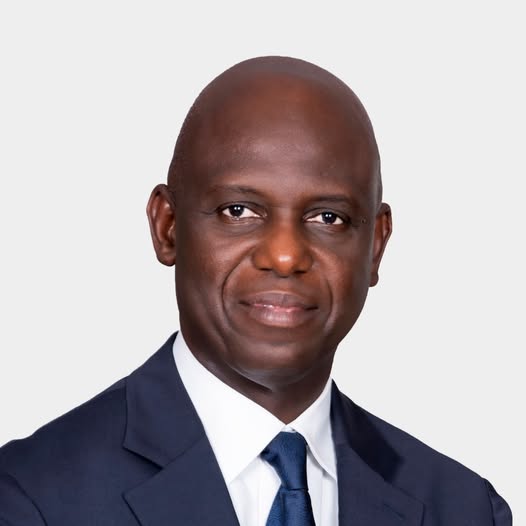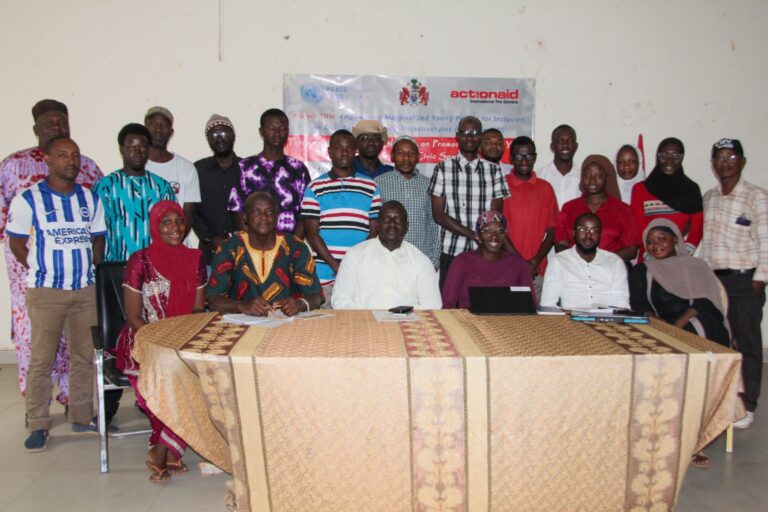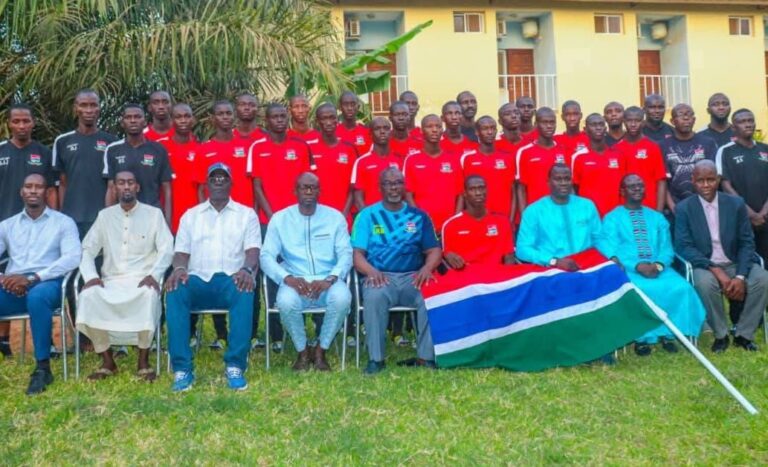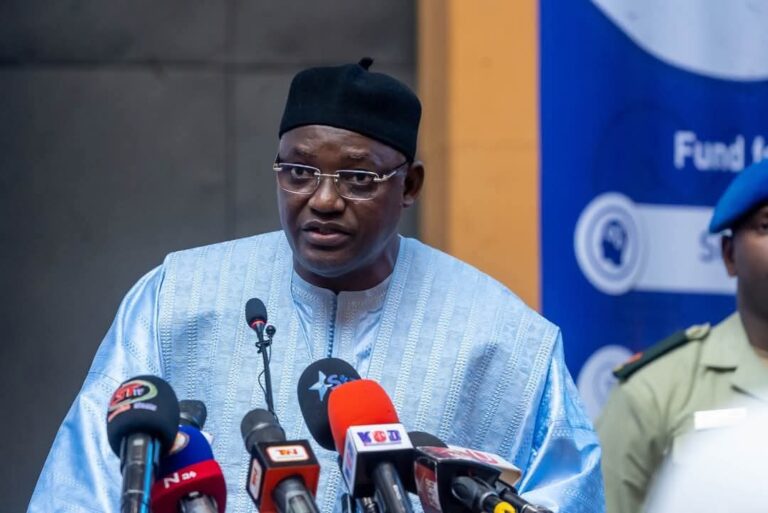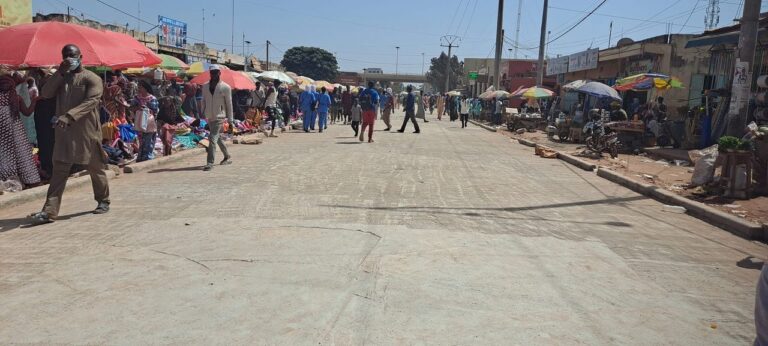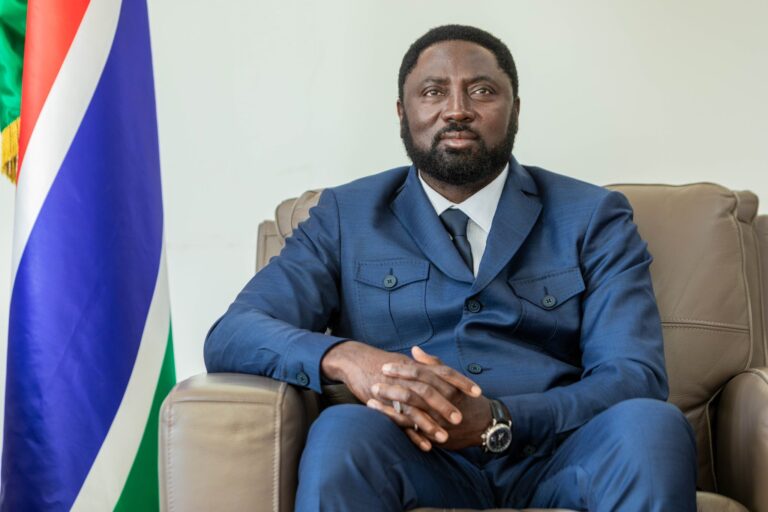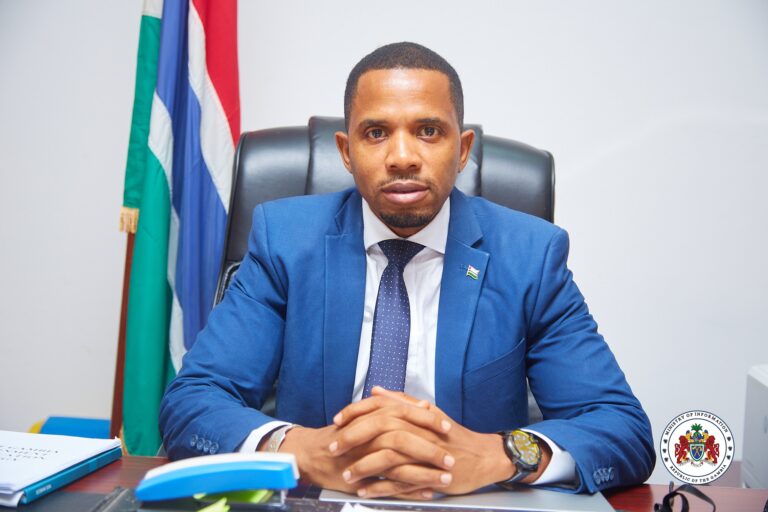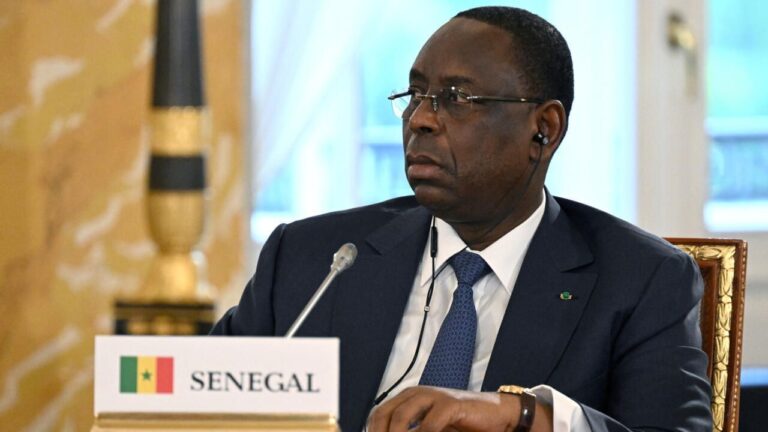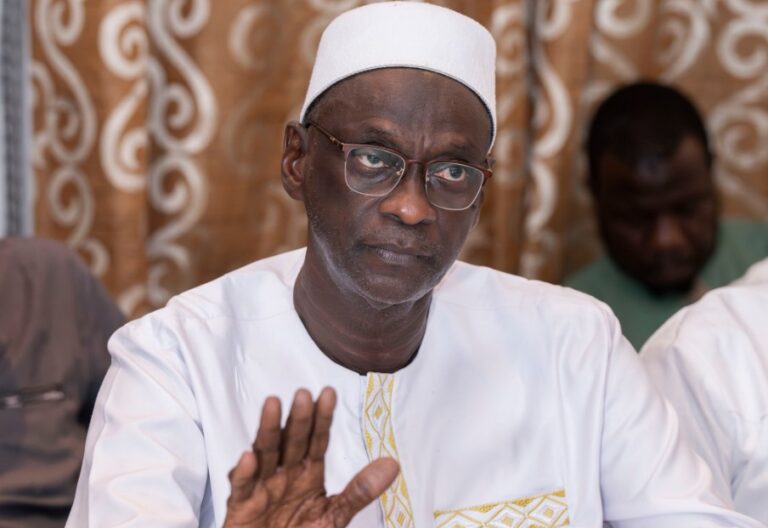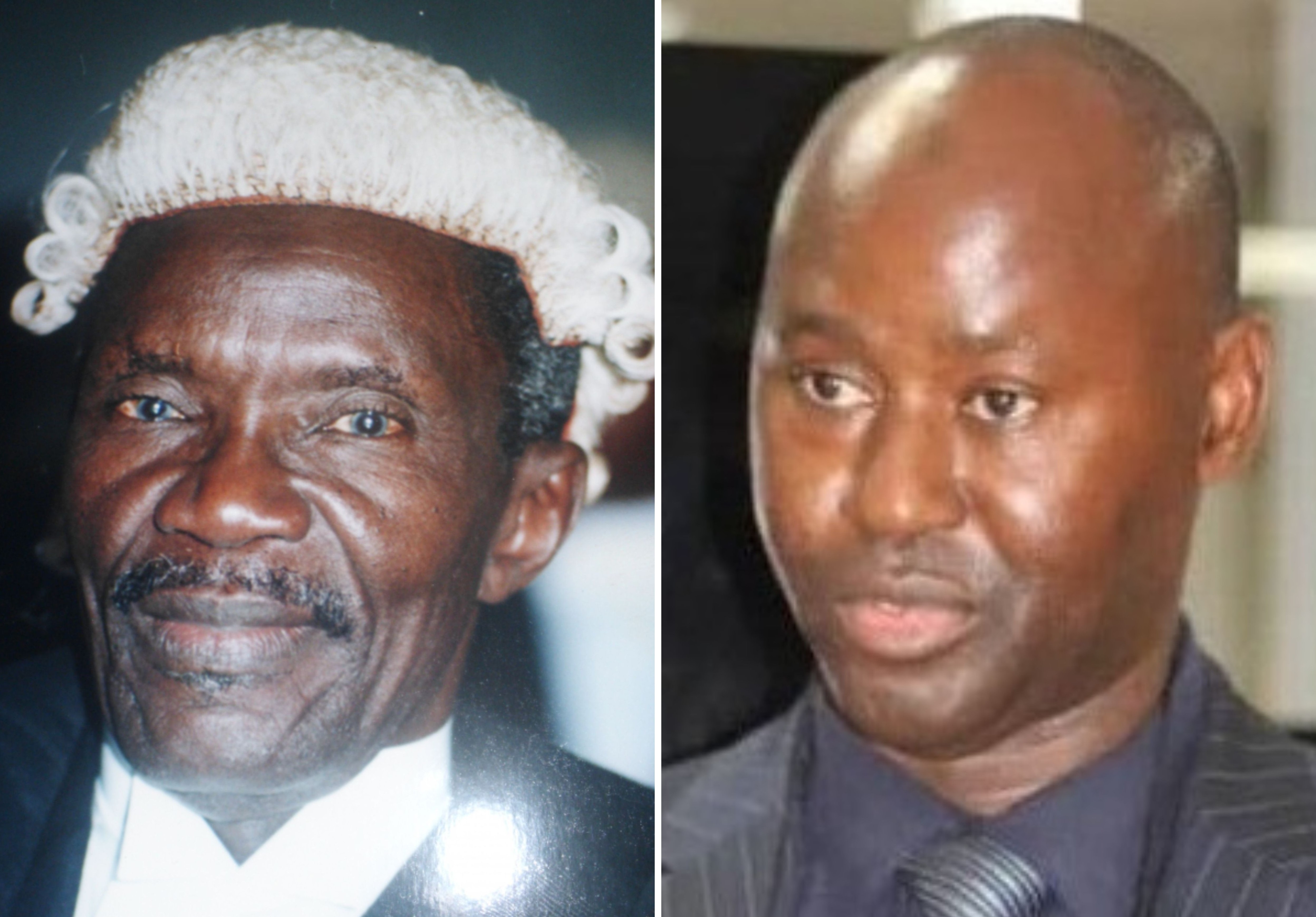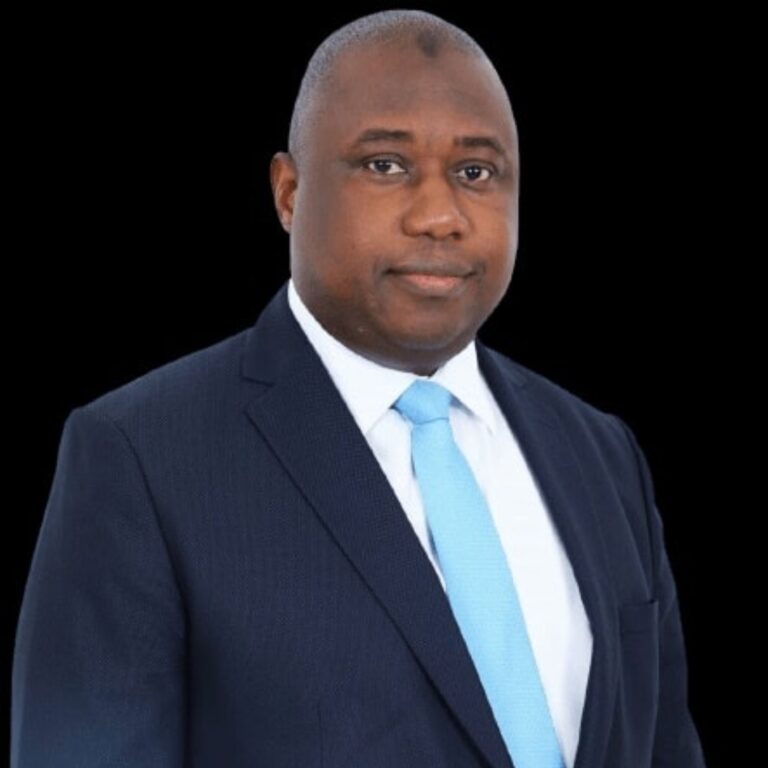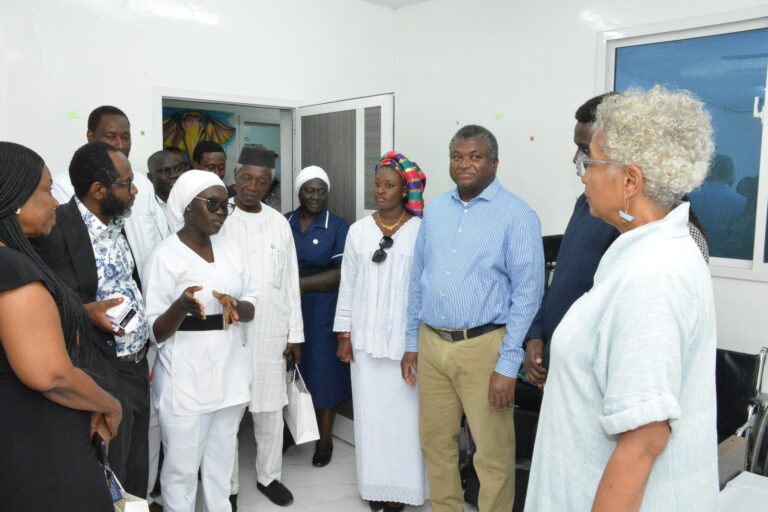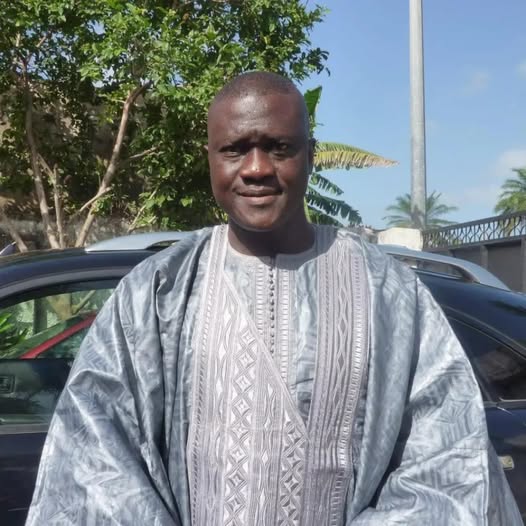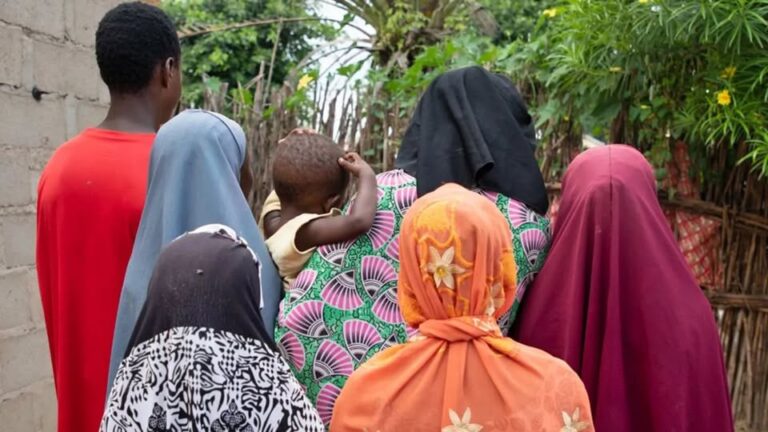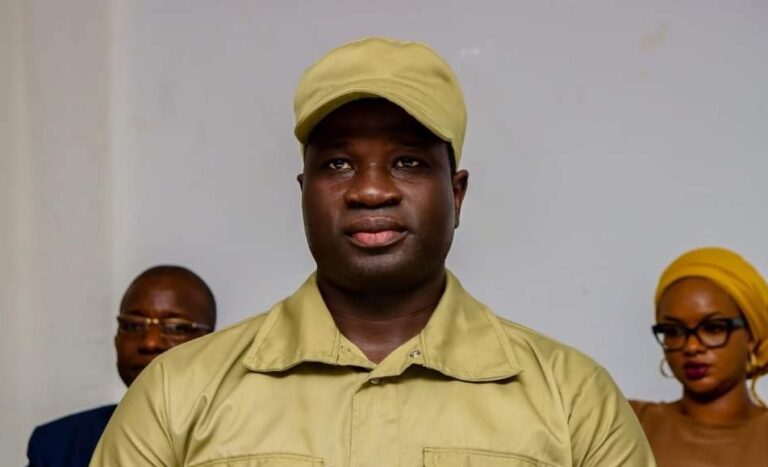By: Dawda Baldeh
In a significant advancement for healthcare in The Gambia, Cornerstone Group, a prominent Gambian-owned company, has unveiled a state-of-the-art Pediatric Surgical Unit at the Edward Francis Small Teaching Hospital (EFSTH), the nation’s primary referral facility. This initiative is part of Cornerstone Group’s efforts to enhance quality healthcare services for the Gambian population.
The renovation of the Pediatric Unit was fully sponsored by Cornerstone Group, reflecting the company’s commitment to improving the lives of Gambians, particularly in the health sector. Hospital officials noted that the newly launched Pediatric Surgical Unit represents a groundbreaking initiative that will greatly enhance the environment for both patients and healthcare professionals. They expressed gratitude to Cornerstone Group for its continuous support to EFSTH and other sectors, emphasizing that such contributions are vital in addressing the urgent healthcare challenges faced by the Gambian people.
Alagie Sanyang, the CEO of Cornerstone Group, was praised as a development-oriented leader dedicated to the country’s progress. His previous contributions, including the donation of solar panels to ensure uninterrupted electricity for the hospital, were highlighted as examples of his commitment to healthcare improvement. The newly renovated facility boasts 25 standard hospital beds, comprehensive medical supplies, and a designated play area for children, aimed at promoting both their physical and psychological well-being.
The official ceremony was attended by the Minister of Health, the CEO of Cornerstone Group, the U.S. Ambassador to The Gambia, board members, senior management from EFSTH, family members, government officials, and healthcare professionals.
Dr. Ahmadou Lamin Samateh, the Minister of Health, emphasized the importance of health services for nation-building, stating, “A healthy population is essential for nation-building. It is through the health of our citizens that we can successfully construct roads, promote agriculture, and ensure access to education.” He commended Cornerstone Group for stepping up to support the government’s health sector initiatives, reinforcing the idea that citizen participation is crucial for national development.
Alagie Sanyang expressed the significance of the project, stating, “When we embarked on this journey, we were uncertain of the financial implications; however, one thing was clear: we were committed to seeing it through, regardless of the cost.” He highlighted the hospital management’s support and mentioned ongoing efforts to assist with additional medical equipment valued at over two million dollars.
Sanyang also addressed the misconception that healthcare is solely the government’s responsibility, noting that The Gambia offers nearly free medical care, with minimal fees for consultations. He called on Gambian businesses to contribute more to the nation’s welfare. “I firmly believe that Gambian businesspeople are not giving back enough. This is an issue that requires change,” he explained.
Mrs. Oley Faal, Executive Director of Cornerstone Group, described the event as a significant milestone for the hospital and the children who will benefit from the new pediatric unit. She emphasized the company’s vision to give back to the community, driven by a personal passion for children’s health.
Meanwhile, Mustapha Bittaye, Chief Medical Director of EFSTH, also expressed appreciation for the transformation of the pediatric ward, highlighting the positive impact of Cornerstone Group’s commitment to the health sector. “If we fail to develop this hospital, our nation will have nothing to show for its health sector,” he noted.
The ceremony concluded with the presentation of certificates to officials of Cornerstone Group in recognition of their ongoing support to the hospital, reinforcing the collaborative spirit necessary to advance healthcare in The Gambia.



